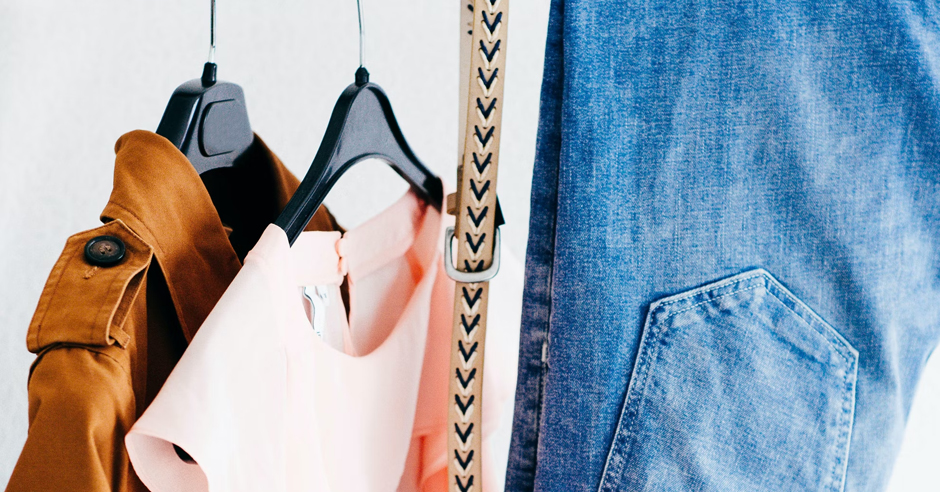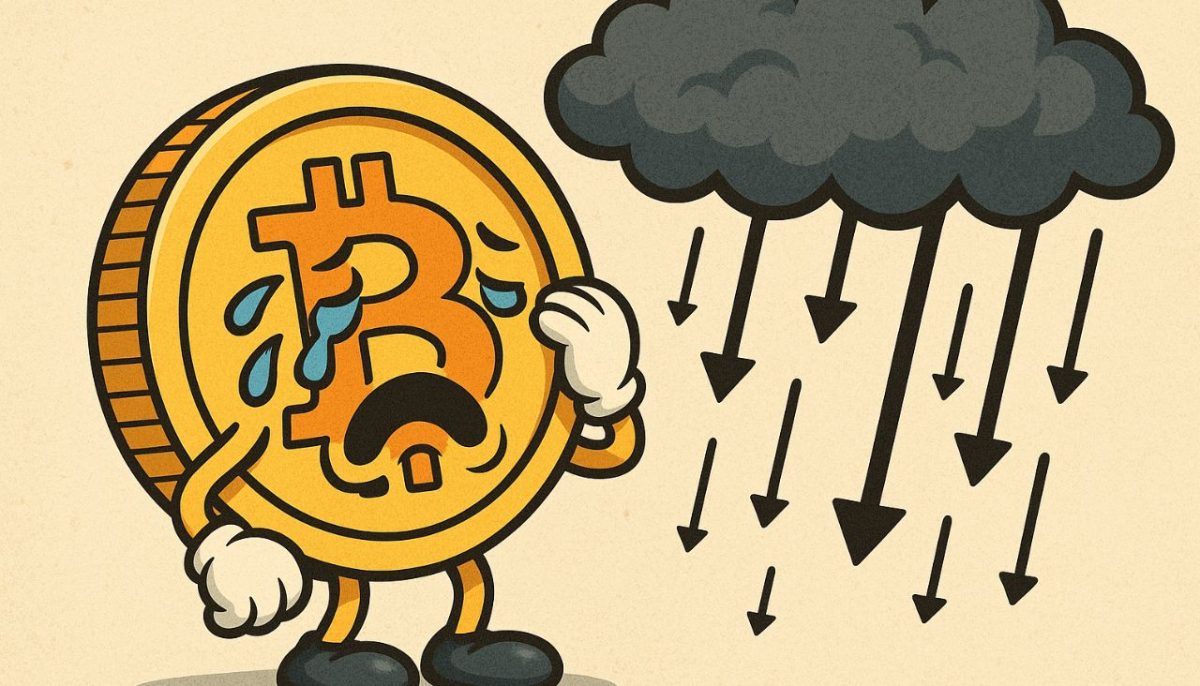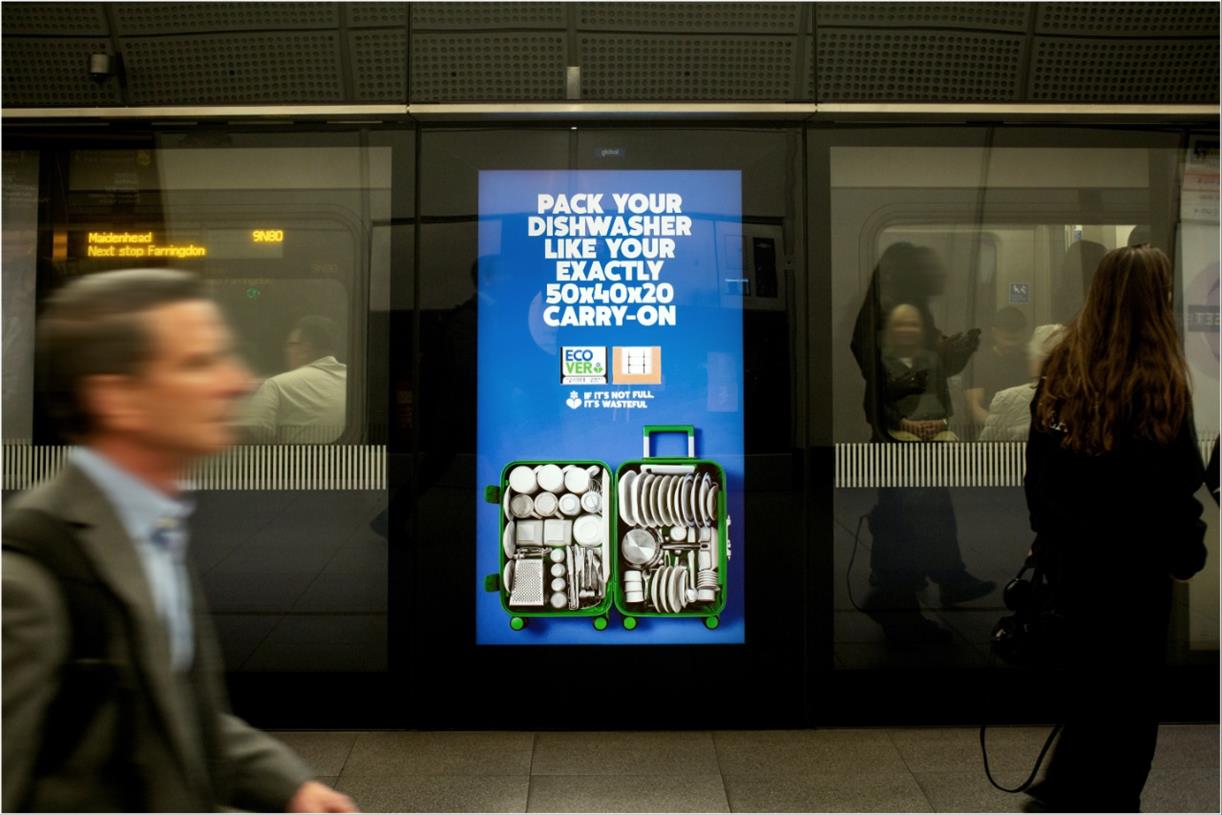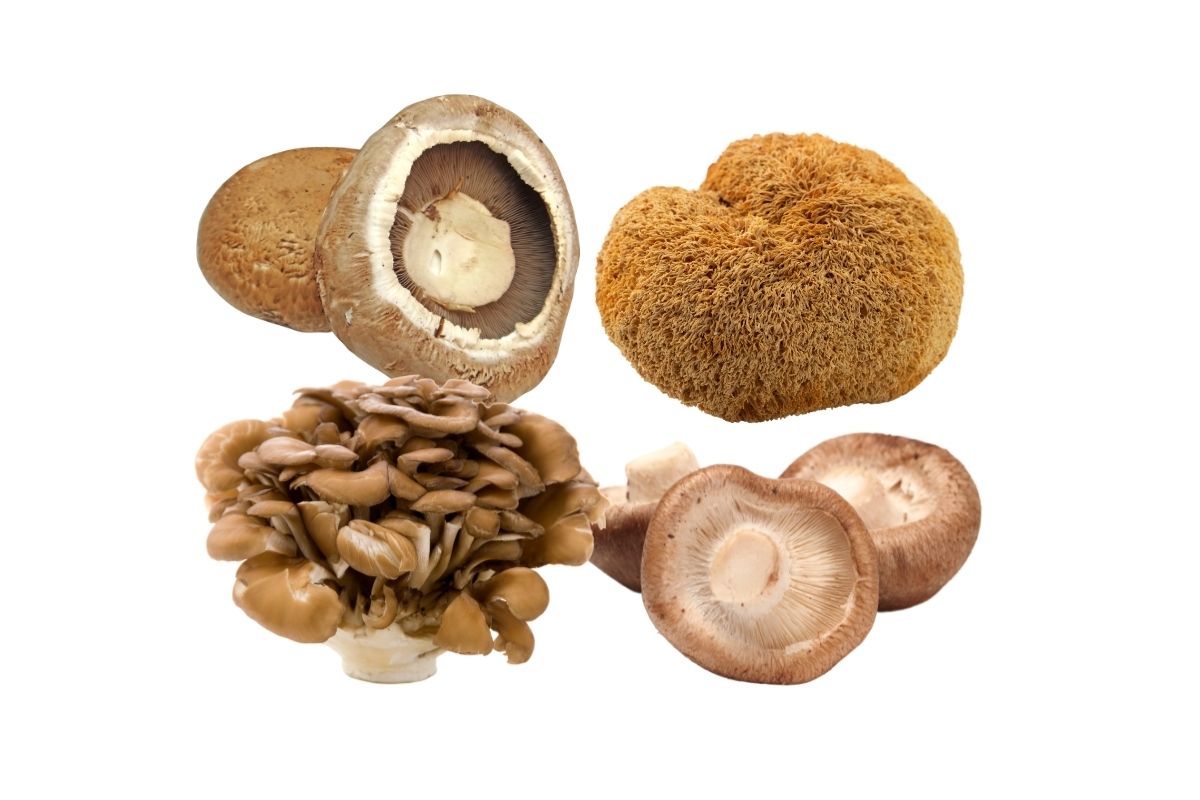How I Broke Free of My Need to Go Shopping
I used to struggle with compulsive shopping. I’d go through a period of binge shopping, usually for clothes, home décor, books, or kitchen items. A few months later I’d go on a decluttering jag, have a garage sale or...


I used to struggle with compulsive shopping.
I’d go through a period of binge shopping, usually for clothes, home décor, books, or kitchen items. A few months later I’d go on a decluttering jag, have a garage sale or use classified ads, and donate what I couldn’t sell. Then with the money I’d made (and while still paying on credit card debt I’d run up during my binge phase), I’d go out and buy new stuff.
I hadn’t figured out that you’re not truly decluttering if you go out and buy more. I was making some room so that my house didn’t become overstuffed, but the shop – sell – donate – shop cycle isn’t minimalism. It’s consumerism.
More recently I’ve decided the philosophy of “one in, one out” can be a trap.
It lets you continue to acquire as long as you get rid of old stuff.It doesn’t encourage you to buy quality items, to care for them and use them as long as possible, and to only replace what’s necessary.It doesn’t keep you from being a slave to the latest trends.It doesn’t give you any reason to examine your shopping behavior or the source of your discontent.It doesn’t explain or curb a tendency to “trade up” for a new handbag, car, vacation, or even a new house every few years.If you want to declutter once and for all, you must overcome the shopping addiction.
Just as some of us turn to food when we’re feeling lonely, bored, or stressed, shopping is something we might indulge in when we feel the need for a pick-me-up. Human brains are hardwired to deliver a small dose of the hormone dopamine when we hunt for, and then find, something we want. This jolt of pleasure and reward works very well when you’re foraging for edibles in the wild, but buying something online or in a store isn’t much of an accomplishment – especially since retailers are doing everything they can to get us to spend.
When your living space gets crowded with all of those unnecessary purchases, you might start feeling stressed and anxious about that too. Maybe those negative emotions cause you to buy even more – KonMarie “storage essentials,” for example, or an entire closet system. If your shopping habits lead to debt and guilt, maybe you switch to binge shopping in discount stores, figuring it doesn’t matter because everything costs so little. (The fact that it wastes resources, perpetuates extremely low-paying manufacturing jobs, and eventually lives forever in a landfill might not occur to you.) And when you finally purge in order to regain a sense of control, you flush all of those things that were useless to you back out into the world so they can be useless to someone else.
When you struggle with a shopping disorder, life is a constant battle between the compulsion to acquire something new and the desire to have a home you can manage with ease – a home that is a supportive haven rather than a crowded source of frustration.
I get it. I’ve been there. I’m here to tell you that shopping bulimia can be overcome.
4 Healthier Alternatives to Retail Therapy
1. Declutter mindfully.
Find that feeling of abundance you crave by becoming aware of how much you already own. You can clean house in a major way (go through all of your closets, pare down and rearrange furniture and décor, and clear out the garage) or go for something with a quick payoff (clean out one drawer, one shelf, or your bedside table). You may even discover things you forgot you had. In the end, your “new” acquisition is a less-cluttered, more peaceful and efficient environment, which is definitely a mood booster.
2. Count your blessings.
Gratitude for the good things in your life gives you a sense of fullness and peace every day. Because binge shopping might be an effort to lessen feelings of lack and emptiness, a gratitude practice is the perfect antidote. When you focus on what you’re grateful for, you essentially crowd out your more negative thoughts and reduce those cravings for more, more, more.
3. Cultivate interests other than shopping.
There is nothing wrong with wanting stimulation. Restless curiosity drives all of the great ideas and inventions of mankind. So use your mind and your talents for something more worthwhile than a shopping trip. Learn something new, return to an old hobby, repair or reuse something to make it last longer, volunteer for a cause you care about. Use your time and abilities to be more than a consumer.
4. When you do shop, shop smarter.
There’s no denying that an occasional treat is enjoyable, and if it’s within your budget and won’t create clutter you should enjoy it. But choose wisely. Just as one exquisite chocolate or a hand-crafted cappuccino from a local coffee roaster can be a delightful experience to savor, while scarfing down several greasy donuts or guzzling a 44-ounce soda will just make you feel guilty and sick, some purchases are better than others for lifting your spirits without needing to be purged later. Consider:
Don’t forget there are ways to treat yourself well without spending money at all, so borrow a new book from the library, soak in a bubble bath, call a friend you haven’t talked to in a while, or watch the sunset with someone you love!
About the Author: Karen Trefzger is a writer, singer, teacher, wife, mother, and grandmother who has been choosing a simpler life for over 20 years. She is the author of several books about minimalism, and blogs at MaximumGratitudeMinimalStuff.

 FrankLin
FrankLin 































